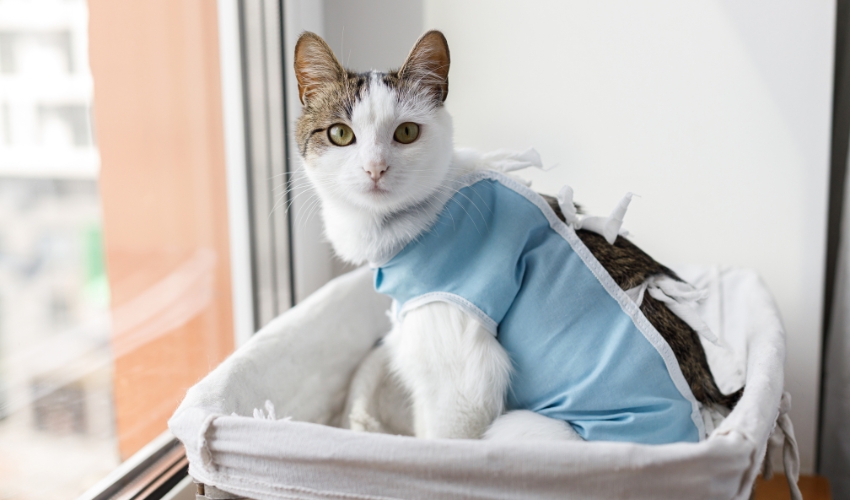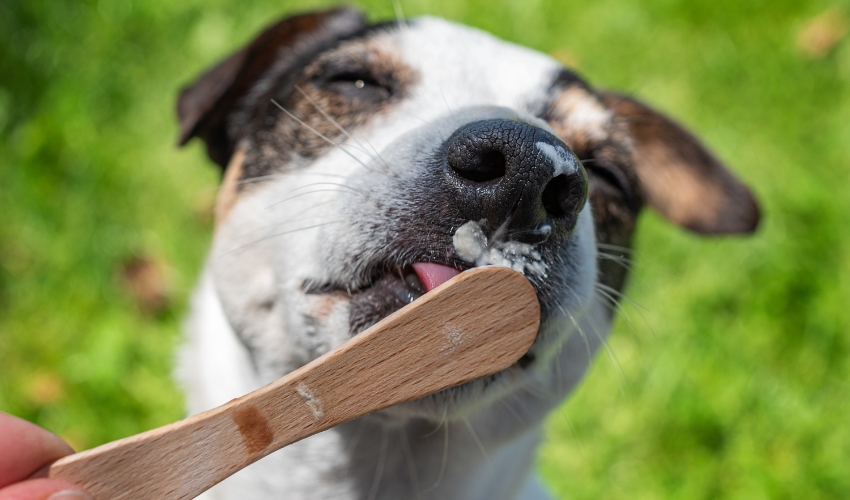Cat diabetes is a complex endocrine disease that is unfortunately prevalent in cats nowadays. There is no known definite cure for the disorder yet, but there has been significant improvement in the treatment and diagnosis. Also, vets and pet parents are getting better at determining the disease’s triggers.
For cat owners out there, it would do wonders to learn about the triggers and causes of the disease. This way, they can find out early on if their cat has it and develop the appropriate treatment plan to manage it.
What Triggers Cat Diabetes?
What causes cat diabetes? Notably, this disease has no singular direct cause. Usually, many factors contribute to its occurrence. Here are the primary triggers:
1. Obesity
The most significant factor that mostly overlaps with other triggers is weight. With that, it isn’t surprising that the biggest contributing factor to cat diabetes is obesity.
Obesity is hands down the most significant cause of feline diabetes. Each kilogram increase in a cat’s body weight above the ideal can cause about a 30% decrease in insulin sensitivity. Moreover, obese cats tend to excrete too much of certain hormones and not enough of others – which also contributes to the body’s failure to respond well to insulin.
2. Physical Inactivity
Cats are couch potatoes – no other term best describes them than that. They don’t get nearly enough exercise to benefit their health.
Obesity is also naturally associated with physical inactivity and lack of exercise. Additionally, cats prefer indoor confinement more than ever. It means they are not moving their bodies enough to burn the calories they ingested for the day.
While outdoor exposure might not be viable for some cats, increasing exercise and physical activity by at least 10 minutes daily can produce as much weight loss as calorie restriction.
3. Increasing Age
Age can also play a factor in triggering diabetes. Senior cats tend to move less and are typically much lazier than younger cats. They find it harder to exercise physically and prefer to sleep and rest most of the day.
4. Feeding Cat Human Food
Human food is not exactly the ideal food for cats. Feeding a cat too much human food, which isn’t precisely designed for its diet and body, can cause inflammation of the pancreas. It is where insulin produces cells.
If a cat ingests too much human food, it may inhibit or hinder its insulin production, which can then lead to the development of cat diabetes.
5. High-Carbohydrate Diet
Most cats residing in the US eat a high-calorie and high-carbohydrate diet with grains they don’t need, like wheat, rice, corn, and soy. This kind of diet can predispose a cat to diabetes.
6. Certain Drug Use
Progestins and steroids are prescription medications well-known to contribute to a cat’s insulin resistance. If a cat is on either of these drugs, it would be best to ask their vet if there are viable alternatives or options. Also, regularly have their urine checked for glucose presence as a test for diabetes.
What Are The Treatment Options For Cat Diabetes?

There isn’t any doubt that learning about cat diabetes is scary and nerve-wracking for cat owners. Fortunately, while there isn’t a direct cure for it, various treatment options and medications are now available to better manage the disease!
Here are the best treatment options for cats with diabetes:
Insulin Therapy
Similarly to humans, insulin therapy is also a standard treatment plan for cat diabetes. At-home insulin therapy, particularly, commences once the diagnosis is final and any infection is controlled. The vet will give the pet owner the appropriate instructions and show them how to give insulin at home.
Vets use various factors, like the cat’s specific needs and relative costs, to determine which insulin type is best for the feline. The most commonly used is PZI and glargine. The insulin is administered through injection under the skin, typically twice a day, after the cat’s meal time.
Dietary Changes
Since obesity is a known contributor to cat diabetes, dietary changes may be needed. The most significant possible change is making sure that the cat eats fewer carbohydrates. Doing so will help improve the cat’s blood sugar levels.
As for the dietary change, switching to a high-protein, low-carbohydrate canned food diet would be ideal. For better results, add in some exercise to ensure weight loss. These treatment steps are just as necessary as insulin therapy.
Close Monitoring
Having a diabetic cat means paying extra close attention to them. That includes both at home, when they’re out, and at the vet. Closely monitor them and keep the vet up-to-date on the insulin therapy. Inform them immediately if the insulin is not working.
Glucose Curve
After the cat is on insulin therapy for about one or two weeks, a glucose curve is performed. It’s a series of glucose measurements taken over the day. The insulin will be adjusted accordingly based on the test results and the cat’s symptoms.
The glucose curve is also a cycle that will be repeated. This process will repeat until the diabetic cat displays no diabetic symptoms and the glucose level stays within an acceptable range.
Conclusion
Cat diabetes is not something to be taken lightly. Once a cat shows symptoms of diabetes, better bring them to the vet immediately. If the cat is not well, it is the cat owner’s responsibility to ensure that their pets are taken care of. That includes taking note of their symptoms and giving them the best treatment option for their case.
With the proper treatment plan and options, a diabetic cat can still live a healthy and long life. That means they can still live comfortably and like normal.
Cat diabetes is a relatively common disease that is fortunately treatable and manageable. For pet owners looking for more information about the condition, visit Doobert! Aside from being a wealth of information about animal disorders, it also offers many ways to help care for and save animals!











